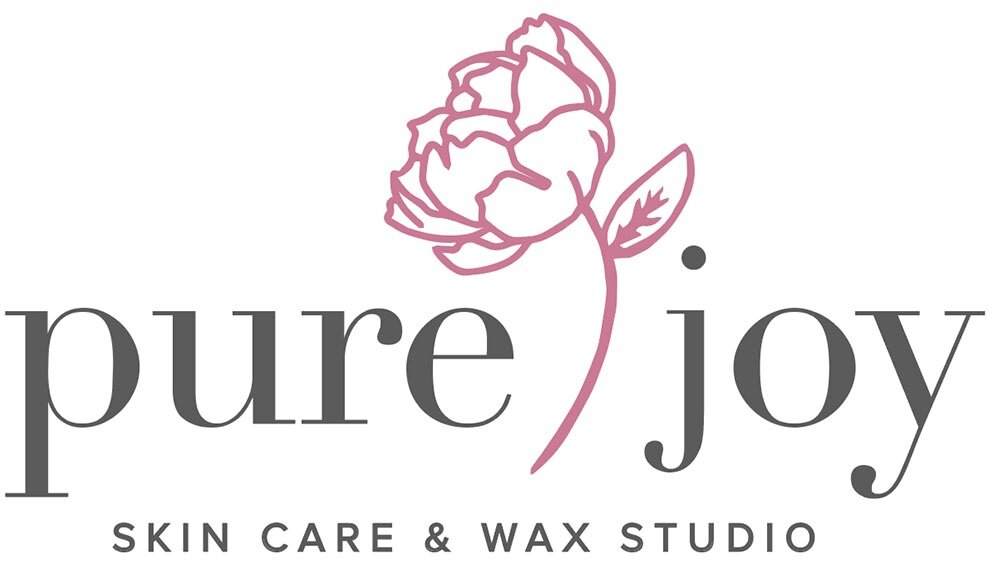What are Antiaging Treatments?
Thanks to the wonders of science, and innovation by skin care professionals, you can choose from a wide range of antiaging treatments. You need not have wrinkles or discoloration to actively participate in an antiaging regime—many smart consumers begin caring for and protecting their skin at a young age. Consumers today are opting for minimally invasive procedures to avoid downtime and the unmistakable appearance of having had surgery. People may notice after treatments with your skin care professional you simply seem healthier, happier, less tired, and more confident. Some antiaging treatments I provide are a wide variety of facials, microdermabrasion, chemical exfoliation, galvanic treatment, and phototherapy (exposure to light-emitting diodes or intense pulsed light). I am trained in a host of other treatments that, while not strictly antiaging, go a long way toward making you feel more attractive, such as hair removal, makeup application, and sunless tanning.
Who Can Benefit from Antiaging Treatments?
Anyone who is smart enough to use sunscreen is already participating in an antiaging regimen, and there is so much more you can do. Treatment recommendations will vary according to skin type and condition, chronological age and skin maturity, level of sun damage (everyone has some), and the goals you have for your skin. I can outline your options and make recommendations.
How Should I Prepare for the Treatment?
Be ready to fill out a medical questionnaire and describe what medications and skin care products you are using. I will perform an analysis of your skin, look for any interactions between products and medications, and devise a treatment plan that’s suitable for your skin type and condition. If possible, come to your appointment without anything on your skin; otherwise I will cleanse your skin. Start your care when you are ready to commit to a series of treatments and a home care regimen.
What to Expect
The results of your treatment may be obvious right away or may take some time to achieve. This depends entirely on your program and the methods used. I will outline realistic goals for you. In some cases, skin is in poor condition and needs to be strengthened and conditioned before antiaging treatments can be performed. If you are suffering from acne, dermatitis, or rosacea, you may have to set your antiaging goals aside until you’ve cleared those symptoms. The good news is you may gain younger-looking skin as a side benefit of clearing and treating these conditions.
What about Home Care?
I can provide the best guidance on caring for your skin after a treatment. I have products that you can use. It’s key to commit to a home care regimen in order to maximize your investment in the treatments I provide.
Sun Protection
It’s also helpful to know which sun protection aids on the market measure up to their claims. Following are a few products and procedures you may have heard about.
Some companies promote ingestible pills that purport to provide sun protection. Experts say there is insufficient scientific evidence to support these claims.
There are bracelets that manufacturers claim will signal you when it’s time to apply more sunscreen or to move into the shade. Experts don’t consider these an adequate safeguard.
While some companies claim their contact lenses protect your eyes from ultraviolet rays, this is a little misleading since the entire eyeball needs protection. For best results, use a pair of comfortable wraparound sunglasses with an ultraviolet block and polarizing lenses.
Cellulose fabrics, like acetate and rayon, block some ultraviolet rays. Rit makes a product called SunGuard, a detergent you add into your washer, that significantly improves the sun protection factor of cotton clothes for about 20 washings.
For maximum safety, look for some combination of these ingredients in a sunscreen: avobenzone, mexoryl, oxybenzone, titanium dioxide, and zinc oxide.
Your car windows are already protecting you from 50–75 percent of the sun’s rays. Film that rejects as much as 99 percent of ultraviolet rays can be applied to windows. Have this done professionally, however, as the do-it-yourself products are very difficult to apply effectively and often bubble. Many states govern how much you can tint certain car windows, such as the windshield and driver’s side front window. A window-tinting professional can provide guidance on this.


